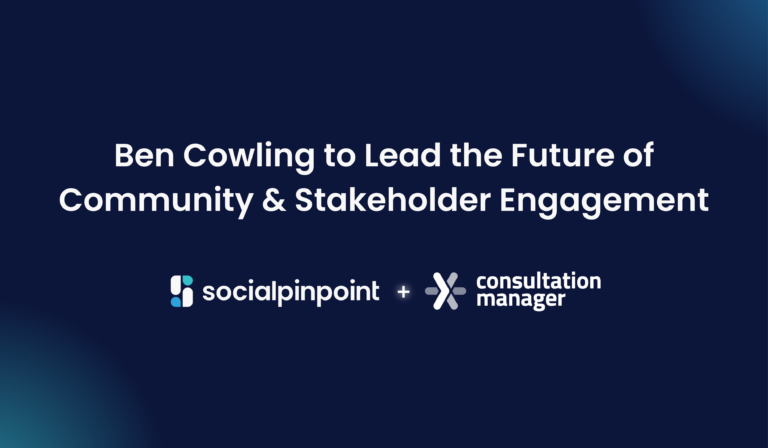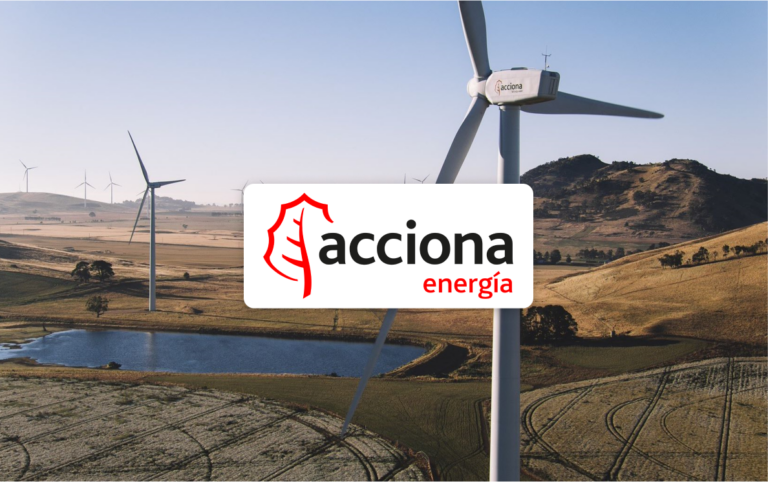When a project aims to benefit the community, its success often relies heavily on how well it addresses the community’s expectations and responds to an identified problem/issue. This means creating an effective community engagement journey is vital to project success.
Early inclusion of the community can add significant value to a project – it enables you to use stakeholder opinions to shape the scope and vision of the project, gain early support, be aware of, and address the community’s issues at the start so they do not derail the project at a later stage, gain an appreciation of the community’s reaction and minimise the risks by identifying threats and problems early.
Project scope/vision
Obtaining meaningful feedback throughout the community engagement journey in the preliminary plan making stages enables community’s perspective to be incorporated from the start. Engaging early will ensure that your project’s vision is understood, shared and supported in the community, which is particularly important if the project will have a significant physical impact, either in its size or architectural form, or in increased traffic, noise, etc. This preliminary consultation will often involve gaining an early understanding of the community’s reaction to the initial concept to determine if it meets stakeholder needs and expectations, with additional consultation on finer details being undertaken later in the project’s life cycle.
If consultation is left until the final stage of the project, you run the risk of not addressing the community’s needs, being sidetracked by off-topic feedback or negative publicity, or significant changes being required a late stage, which then may require further consultation and delays.
Support/relationships
When undertaking community engagement, your objectives should be to build credibility and trust, develop supporters for your project, and make sure that the needs and wishes of your stakeholders are taken into account in decision-making and project delivery.
Communicating with stakeholders early and often will ensure that they know what you are doing and fully understand the benefits of your project – this means they can actively support you when necessary. It also means that even if community members don’t ultimately agree with the final decision, they have the benefit of understanding the process, history and the trade-offs that were made and they will be less likely to aggressively object at the final stage.
Identification of threats
Obtaining feedback at the concept phase will provide an early awareness of the issues surrounding the project, enabling you to anticipate what people’s reaction may be and build actions into your project to address potential threats. Not knowing or anticipating these threats can derail the project at the eleventh hour, particularly in a political environment when active objection is pursued by some community members/groups.
Be aware
Projects that seek to address a community issue are most successful when stakeholders are ‘taken along for the journey’ from the beginning. Asking the community for comments when decisions have already been made is not effective engagement; it should be an ongoing, cumulative process, enabling relationships and support for the project to build over time. By being aware of key issues upfront, the project is more likely to be delivered successfully, on time, and meet the needs and wants of the community.
This article was written by our partners at Social Pinpoint. Click here to view the original article.




